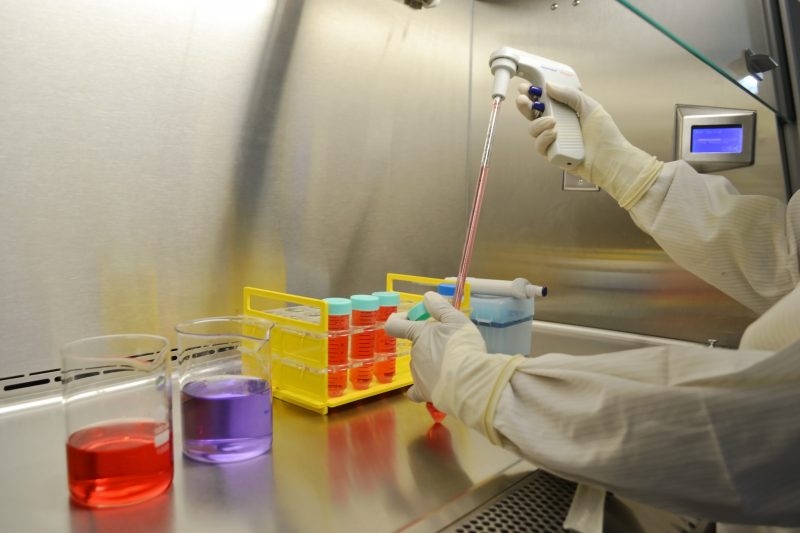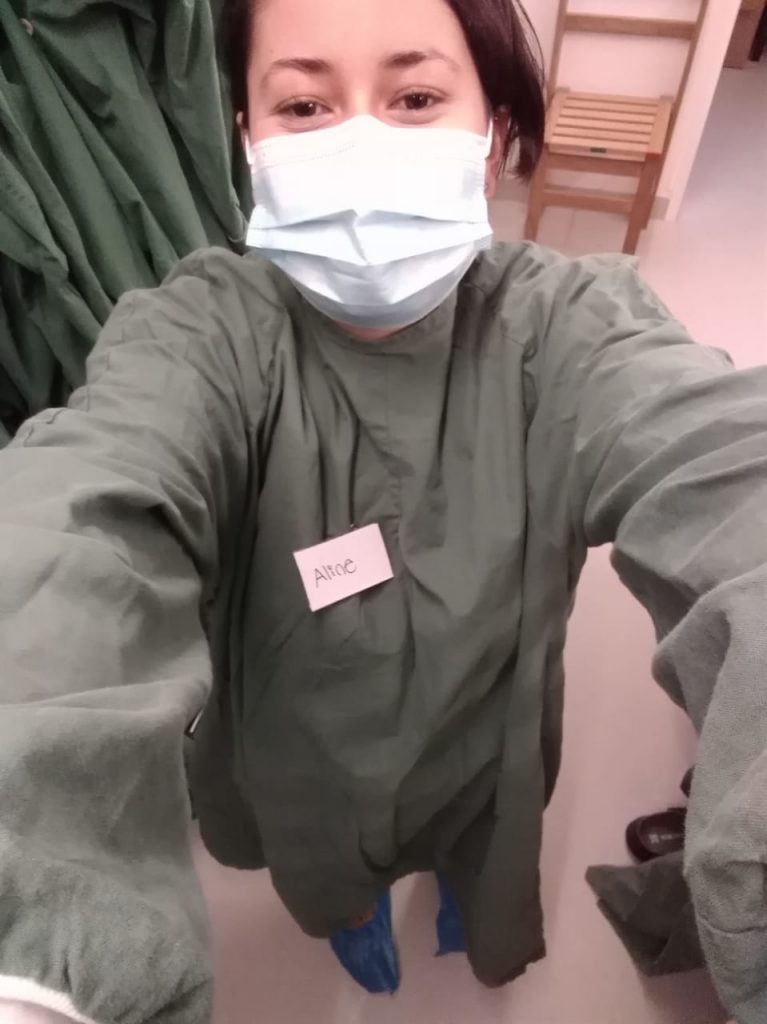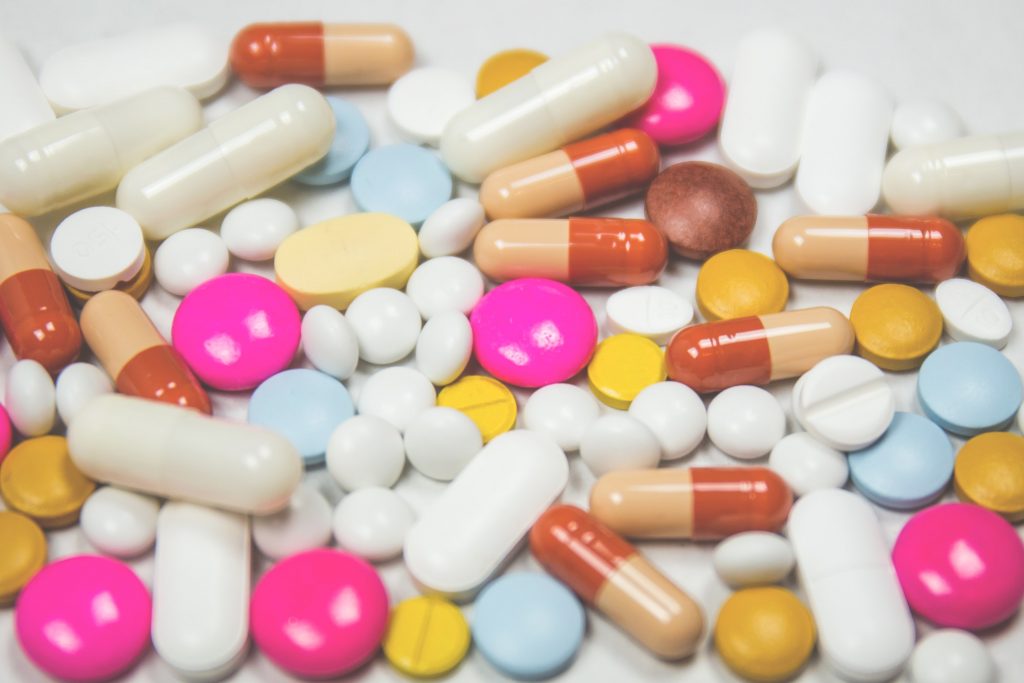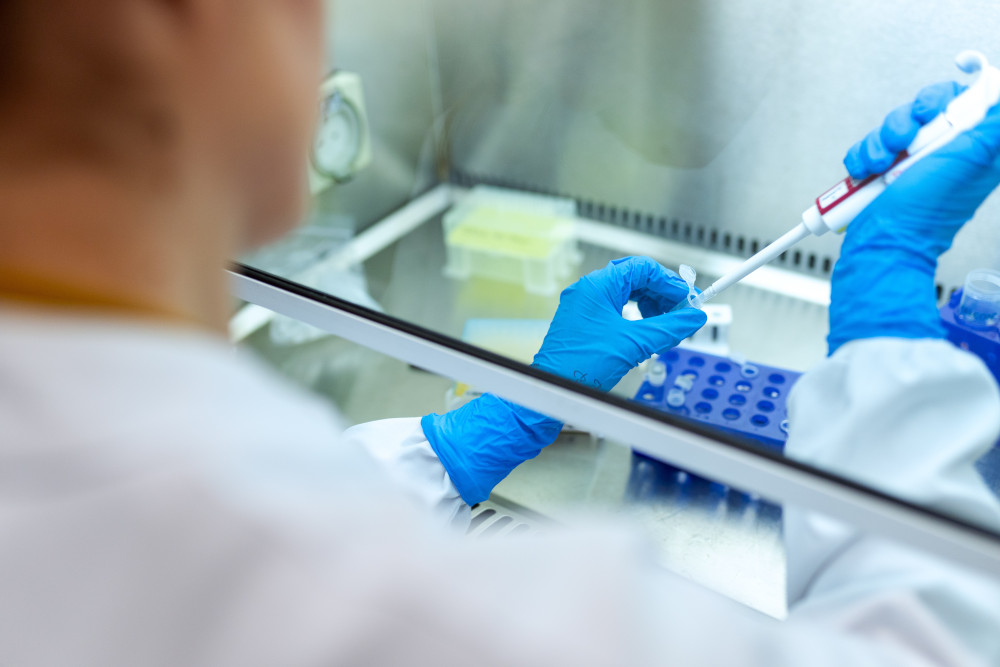
A typical week working on my Tox thesis
Hello everyone and welcome back to my blog! This time I want to share with all of you how it is working on my toxicology project in a normal day at a pharma company. During this blog I will describe the personal experiences and learnings that I have had during this last month. Also, I will portrait how it feels like working at a company and how much it differs from a public institution.
My typical week
To start this section, I would like to clarify that I am carrying on my thesis at a pharma company in Sweden. I consider it important because there are significant differences between carrying a thesis project at KI and at a private company. Indeed, I will discuss more in dept these different in a further section. For now, I would like to share with you how is a typical week working on my thesis project. Because my project is a lab-based project, my days are never the same and instead are very dynamic. In a normal day, say Monday, I can do some reading in the morning. Then, before lunch time I go to the lab to sub-culture or feed my cells. After lunch I usually read some more papers or technical sheets or work on writing my protocols very detailed.

In a normal week, I subculture, seed and incubate my cells for the experiment I will perform during the week. Usually, the next day after seeding I expose my cells and change culture media to my other cell lot. The next day after toxic treatments I prepare some dyes, other reagents and eventually stain my cells. The next and last 2 days of the week I spend them imaging the cells and analyzing cell morphology in the images. During the time that I am not working with the cells at the lab, I sit on my desk making some calculations. Also, I adjust my experimental protocols and read papers that are similar to my project. Finally, my working schedule at the company varies from 8:30 to 16:30 or from 9:00 to 17:00. At the end, everything depends on the lab workload and how fast you get your things done.
What have I learned so far?
Despite it has been barely one month since this journey started, I have learned a lot, a lot! The most relevant experience is my first time experiencing the working environment at a huge company. First, the place is enormous and has many buildings and areas. My first week I was so lost, that I had to ask for guidance to arrive to my working station. Also, it was confusing because on the first day I already had many mails and meetings with people I have never seen before. It was also a bit stressful trying to adapt and figure out the way things work there. However, after a week I finally got everything set and working fine and got used to how things worked there.

Then, practical work came and so the pressure did. This was because it was my first time formally working with cells. Also, because I have never worked in a so luxurious and big laboratory. The first times were really confusing because there were so many things to do and steps. But eventually, things started to flow a little bit more and till this day I am still working on the flow of practical work. To sum everything up, I learned from all these experiences how work is done in a private company. In addition, I am learning on the go how to properly work with cells and how everything works at pharma labs.
Pharma industry vs public institution
During the last sections I have given some hints of how it is like working at a pharma company. However, in this section I will exemplify and compare the main differences between private and public institutions. In the next table I compared some of the most relevant features from both.
| Comparison category | Pharma company | Karolinska Institutet |
| Use of computers | You get your own company laptop! This is because of confidentiality and protection of all data generated in the company. In few words, patents’ protection. This implies that you do everything related to the project in the laptop provided by the company | You use your own laptop. This is because KI is a public institution, meaning that data generated here is technically of public domain. However, this can have its exceptions |
| Laboratories | All laboratories are shared within the different areas and departments. This implies that there are many different people whole day using the labs, and no one has fixed cell-hood. Also, you must book the times when you will be at the lab. | At least for IMM, the labs are not shared with so many departments at the same time and there is no booking system. Also, you usually work in the same cell culture hood during your whole project |
| Desks | You do not have an own desk! This is because some companies have migrated to a concept called open office. This means that you get to sit in a different desk everyday | You get assigned your own personal desk. As long as I know, KI does not have the open office implementation, therefore you get a fixed spot to work |
| Project revisions | In line with confidentiality and patents’ protection, every time you will present part of your project outside the company, it has to undergo revision and approval | Because KI is a public institution, only your supervisor checks your project. This revision is done mainly for academic and quality purposes |


I hope you enjoyed this last blog and if you have questions, do not hesitate and contact me!
Aline Colonnello
gloria.aline.colonnello.montero@stud.ki.se
Aline Colonnello - Toxicology
My name is Aline Colonnello Montero, I am twenty five years old and I come from the wonderful but busy Mexico City. I consider myself to be a perseverant person who works hard to meet all my goals and ambitions. I have a bachelor’s degree in Biology and I currently study the Master’s programme in Toxicology at Karolinska Institutet. My job as part of the digital ambassadors’ team consists on writing blogs
-
good luck with your thesis in the industry

1 comments